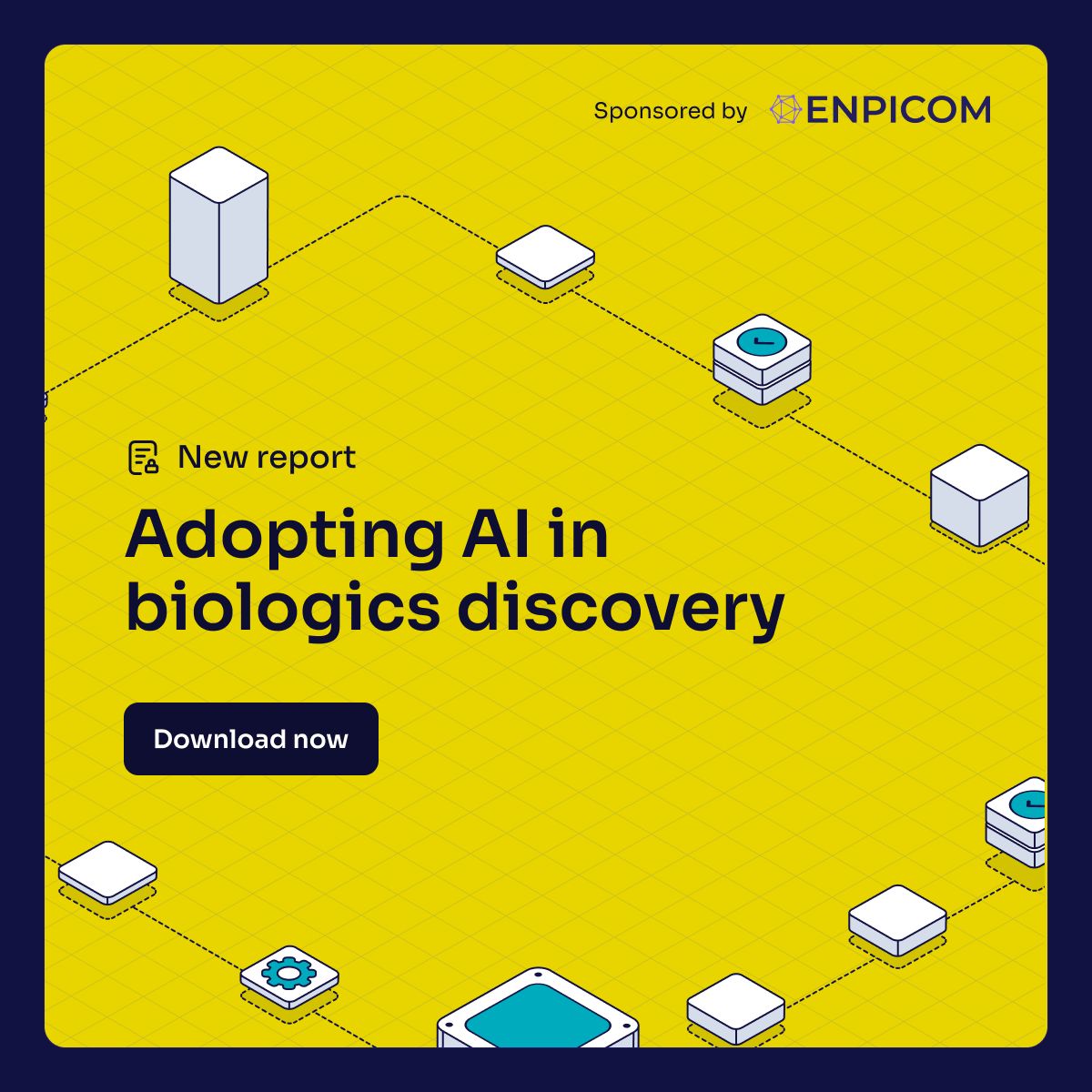April 29, 2025
The Next Frontier in Immunotherapy: Predicting and Preventing Immune-Related Adverse Events

The Next Frontier in Immunotherapy: Predicting and Preventing Immune-Related Adverse Events
While the benefits of immune checkpoint inhibitors are well documented, so too are their risks.
Article
Published: April 29, 2025
|
Yehonatan Elon, PhD
The following article is an opinion piece written by Yehonatan Elon, PhD. The views and opinions expressed in this article are those of the author and do not necessarily reflect the official position of Technology Networks.
The rise of immunotherapy has reshaped oncology in fundamental ways. What was once a treatment of last resort is now a front-line option in numerous malignancies, offering long-term responses where few alternatives existed. But while the benefits of immune checkpoint inhibitors (ICIs) are well documented, so too are their risks – chief among them, immune-related adverse events (irAEs).
Affecting a significant portion of patients receiving immunotherapy, irAEs can impact nearly any organ system – ranging from dermatologic reactions to severe, life-threatening pneumonitis, hepatitis, myocarditis and colitis. In many cases, they lead to treatment interruptions, hospitalizations or discontinuation of therapy altogether. In a field where the durability of response is critical, these interruptions can have dire consequences.
Today, our approach to irAE management is predominantly reactive. Clinical guidelines, while increasingly robust, are designed to detect and treat toxicity after it arises. This framework, though necessary, falls short of what is now possible.
The next evolution in immuno-oncology must be proactive. If we can predict which patients are most likely to develop severe irAEs before initiating therapy, we can fundamentally change how treatment decisions are made and how care is delivered.
Emerging predictive tools – particularly those leveraging proteomics, multi-omics and machine learning – are beginning to offer just that. By analyzing pre-treatment biological markers, these technologies can identify individuals at higher risk for toxicity, allowing clinicians to anticipate treatment complications instead of reacting to them, in addition to personalizing treatment for the molecular profile of a specific patient.
Such risk stratification holds tremendous clinical utility. Consider the ability to inform therapy selection based on individual risk-benefit profiles, customize surveillance intensity for high-risk patients, implement pre-emptive supportive care strategies, facilitate more nuanced patient-provider discussions about potential tradeoffs and preserve dose intensity and treatment continuity for patients who might otherwise discontinue therapy due to toxicity.
These are not incremental gains, but a transformational shift. By integrating predictive insights into routine oncology workflows, we can reduce the incidence and severity of irAEs, protect patients from avoidable harm and optimize therapeutic exposure for those most likely to benefit.
Equally important is the impact on patient experience and quality of life. Immunotherapy provides hope, but hope is fragile when it’s overshadowed by avoidable complications. By managing expectations and planning proactively, we can make the immunotherapy journey not just more effective but also more humane.
Predictive models, such as PROphetirAE, add an essential layer of clinical insight. Advanced machine learning algorithms, trained on high-dimensional biological data, combined with proteomic pattern recognition, are now able to forecast both the likelihood of response to ICIs and the probability of developing irAEs. These models do not replace clinical judgment – they enhance it. They support oncologists in personalizing treatment strategies with greater confidence, allowing for more informed decision-making, improved patient selection and more precise monitoring protocols.
As ICIs are increasingly used in earlier disease stages, as well as broader patient populations, and as ICI combinations that offer better efficacy at the price of higher toxicity risk are entering the standard of care, the risk of irAEs will only grow. Anticipating that risk is not optional; it is imperative.
The oncology community has long championed personalized medicine in terms of predicting response. It is time we bring that same precision to predicting harm. By investing in proactive irAE management today, we are building a future where immunotherapy is not only powerful – but safer, smarter and more sustainable.





